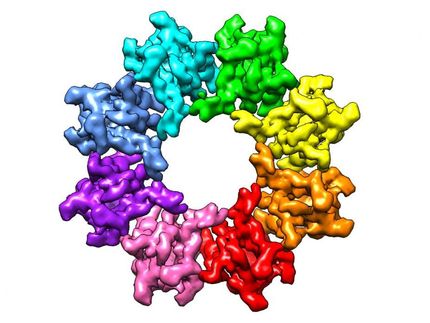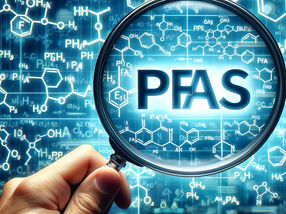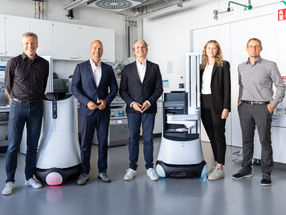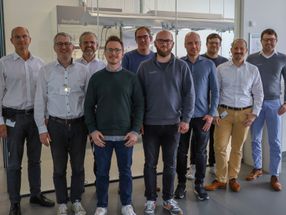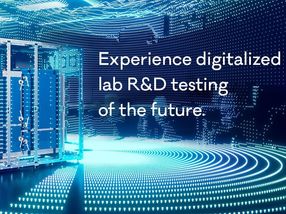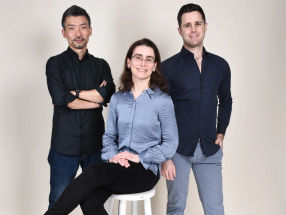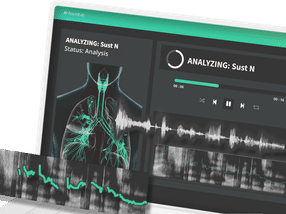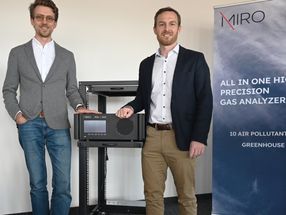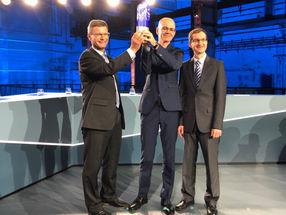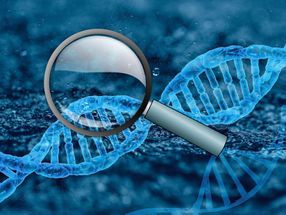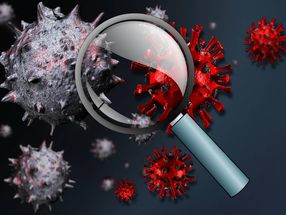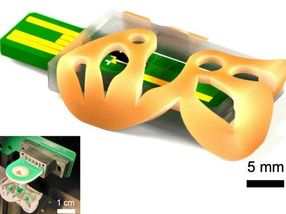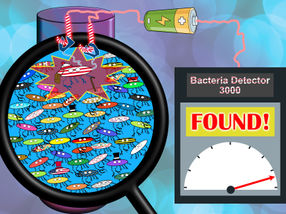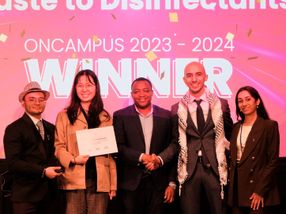MassARRAY(TM) System Enables Detection of Fetal Genetic Mutations in Maternal Plasma
Technology has the Potential to Replace Widely Used Risky and Expensive Diagnostic Procedures
San Diego. Sequenom, Inc. announced that through a collaboration with an international consortium led by The Chinese University of Hong Kong (CUHK) and Boston University (BU) a novel process to determine genetic mutations in circulating fetal nucleic acids in maternal plasma has been developed, as published in an article released in the online Early Edition of the Proceedings of the National Academy of Sciences. Investigators, led by Rossa W.K. Chiu, M.D., Ph.D., F.R.C.P.A. of CUHK and Chunming Ding, Ph.D. of BU, used MassARRAY technology to detect the inheritance of the four most common Southeast Asian beta-thalassemia mutations in at-risk pregnancies between 7-to-21 weeks of gestation and to analyze fetal haplotypes based on a genetic variation linked to the beta-globin locus HBB.
"Utilizing the superior sensitivity and specificity of the MassARRAY system, we have been able to isolate certain fetal point mutations and haplotypes in a non-invasive procedure with no risk to the fetus," said Charles R. Cantor, Ph.D., SEQUENOM's Chief Scientific Officer. "SEQUENOM's ability to perform trace DNA analysis has enabled us to analyze circulating fetal DNA, a goal that on a large scale has been difficult in the past using other techniques due to their dependence on the fractional concentration of the circulating DNA and their lack of sensitivity. The MassARRAY system, however, is able to detect and analyze small amounts of DNA, even against the large background of maternal DNA. This new approach, in combination with our other offerings in various fields, shows the generality of mass spectrometry and its application to numerous areas of research and diagnosis."
"This development is very exciting and has addressed a long-awaited need in non-invasive prenatal diagnosis," said Y.M. Dennis Lo, D.M., D.Phil. of CUHK who discovered the presence of fetal DNA in maternal plasma in 1997 and who directs the international consortium. "In addition to beta-thalassemia, the platform can be readily applied to many other diseases of importance in prenatal diagnosis, e.g., cystic fibrosis. We also anticipate important applications in oncology where tumor-associated genetic mutations can be detected in the patient's blood plasma."
The method is based on SEQUENOM's MassARRAY technology and a new protocol called single allele base extension reaction (SABER), where primer extension is restricted to the fetal specific allele. The approach eliminates the significant risk of fetal loss associated with current invasive prenatal testing procedures, such as amniocentesis and chorionic villus sampling. In the US alone, about 200,000 invasive prenatal testing procedures are performed annually with associated costs of approximately $200 million. The MassARRAY platform-supported approach is potentially applicable to other areas requiring genetic trace analysis such as early cancer detection.
Other news from the department research and development
Most read news
More news from our other portals
See the theme worlds for related content
Topic World Mass Spectrometry
Mass spectrometry enables us to detect and identify molecules and reveal their structure. Whether in chemistry, biochemistry or forensics - mass spectrometry opens up unexpected insights into the composition of our world. Immerse yourself in the fascinating world of mass spectrometry!

Topic World Mass Spectrometry
Mass spectrometry enables us to detect and identify molecules and reveal their structure. Whether in chemistry, biochemistry or forensics - mass spectrometry opens up unexpected insights into the composition of our world. Immerse yourself in the fascinating world of mass spectrometry!
